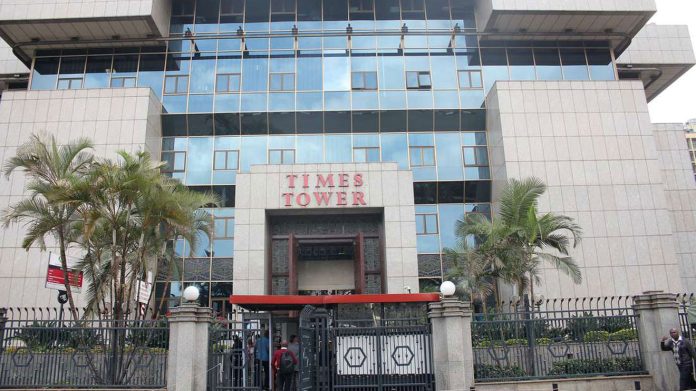If MPs approve changes to the law aimed at regulating and taxing the fast-growing digital currency trade, the Kenya Revenue Authority (KRA) will go after the more than four million Kenyans who own cryptocurrencies.
The Capital Markets (Amendment) Bill, 2022 seeks to tax crypto exchanges and digital wallets, as well as impose transaction taxes similar to the excise duty charged on bank transactions.
Banks deduct a 20% excise duty on all transaction commissions and fees.
If the Bill is approved, Kenyans will pay the KRA capital gains for the increased market value of the cryptocurrency when they sell or use it in a transaction.
Those who have made cryptocurrency trading a business are likely to owe income tax on their earnings.
“Where the digital currency is held for a period not exceeding twelve months, the laws relating to income tax shall apply or for a period exceeding twelve months, the laws relating to capital gains tax shall apply,” the Bill, sponsored by Mosop MP Abraham Kirwa, says.
The Bill requires individuals who own or deal in digital currency to provide specific information to the Capital Markets Authority (CMA) for tax purposes.
Those who own or deal in digital currency must provide the regulator with information on the value of the virtual currency in Kenya shillings.
“A person who possesses or deals in digital currency shall provide the Authority with the following information for tax purposes—the amount of proceeds from the transaction, any costs related to the transaction and the amount of any gain or loss on the transaction,” the Bill states.
The Bill comes nearly six months after a United Nations report showed that Kenya has the largest share of its population with cryptocurrencies in Africa, pointing to the country’s exposure to the ongoing meltdown in the crypto market.



















